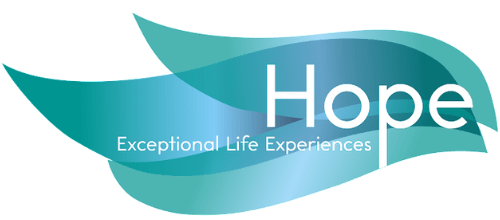Creating a truly inclusive and equitable world requires ongoing efforts to promote disability awareness and sensitivity. This blog post offers resources and tips for organizations and individuals to embark on this crucial journey:
Building a Foundation of Knowledge:
- Understand the Diversity: Recognize that disabilities encompass a vast spectrum, varying in nature, severity, and impact. Educate yourself and others on different types of disabilities, including physical, sensory, cognitive, and invisible disabilities.
- Embrace Person-First Language: Emphasize the importance of using person-first language, prioritizing the individual over their disability. Encourage respectful and inclusive language that acknowledges the person’s humanity and dignity.
Challenging Misconceptions:
- Combat Stereotypes: Actively address common stereotypes and misconceptions about disabilities, such as assumptions about limitations, dependence, and capabilities. Provide accurate information and personal stories to challenge negative attitudes and foster understanding.
- Highlight Accessibility and Inclusion: Emphasize the value of creating welcoming and inclusive environments for people with disabilities. Discuss the importance of physical accessibility, communication access, and social inclusion in various settings, including workplaces, schools, and communities.
Developing Practical Skills:
- Offer Practical Guidance: Equip individuals with practical strategies for interacting with people with disabilities respectfully and effectively. This may include tips on offering assistance, communicating clearly, and accommodating individual needs and preferences (remember, always ask for consent before offering assistance).
- Encourage Empathy and Empowerment: Foster empathy by encouraging participants to imagine themselves in the shoes of someone with a disability and consider their experiences, challenges, and strengths. Empower individuals to be allies and advocates for disability rights and inclusion in their communities.
Engaging in Active Learning:
- Facilitate Interactive Learning: Utilize interactive learning activities, case studies, role-playing scenarios, and group discussions to engage participants and deepen their understanding of disability issues. Encourage participants to share their perspectives, ask questions, and reflect on their attitudes and behaviors.
- Address Intersectionality: Recognize that disability intersects with other aspects of identity, such as race, gender, sexuality, and socioeconomic status. Discuss the unique experiences and challenges faced by individuals with disabilities from diverse backgrounds and marginalized communities.
Providing Ongoing Support:
- Offer Resources and Support: Equip participants with resources, tools, and support networks to continue learning and promoting disability awareness and sensitivity in their personal and professional lives. This may include online resources, reading materials, and opportunities for ongoing training and development.
- Lead by Example: Model inclusive attitudes and behaviors in your own interactions and communication. Demonstrate respect, empathy, and willingness to accommodate individual needs and preferences, setting a positive example for others to follow.
Remember, disability awareness and sensitivity are continuous journeys.
By actively engaging in learning, challenging assumptions, and embracing inclusivity, we can create a world where everyone feels valued, respected, and empowered to reach their full potential.
Want A Helping Hand?
Hope Human Services provides disability services in Washington State. Our team doesn’t just provide support, but creates exceptional life experiences.

